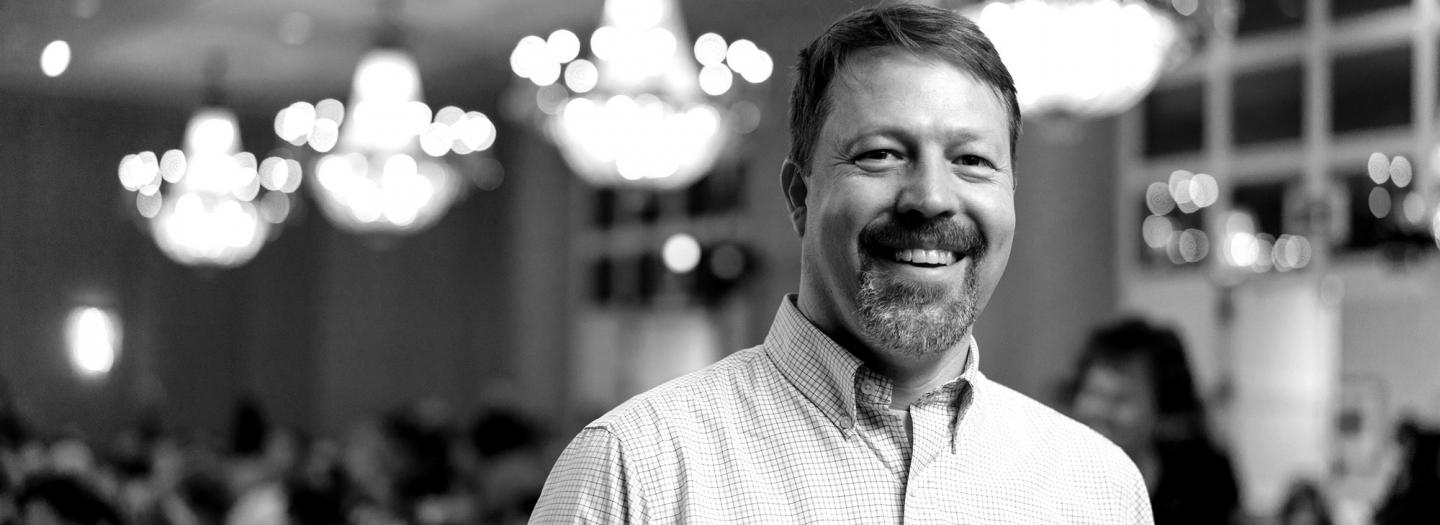Mark Dresser, PhD ’00 : A role model for openly gay students in science
At 5:30 a.m. each weekday, Mark Dresser climbs onto his bike for the one-hour ride to work and, at around 7 pm, starts the head-clearing ride home.

At 5:30 a.m. each weekday, Mark Dresser climbs onto his bike for the one-hour ride to work and, at around 7 pm, starts the head-clearing ride home.
